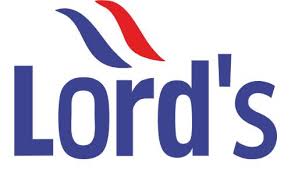When you purchase Lords Mark Industries Limited through UnlistedZone, it's important to note that, as per SEBI regulations, these shares can only be transferred to a demat account.
There are two primary ways to check the credit of Lords Mark Industries Limited in your account:
1. Using NSDL or CDSL Applications:
Download the NSDL or CDSL application from the Google Play Store.
To determine whether your stock broker is registered with NSDL or CDSL, you can examine the format of your Demat Account number. The Demat Account number consists of 16 characters, combining the DP ID and Client ID.
DP ID is the unique identification number of the Broker, assigned by CDSL or NSDL.
Client ID is the unique identification number of the Client, representing their portfolio.
In CDSL, the Demat Account number is entirely numeric (e.g., 12345678 for DP ID and 91234567 for Client ID).
In NSDL, the first two characters are alphabetic, representing the country (e.g., 'IN' for India), followed by a 6-digit unique number for the Broker (DP ID) and an 8-digit Client ID (e.g., IN123456 for DP ID and 78912345 for Client ID).
2. Checking in Broker's Application:
The credit of Lords Mark Industries Limited can also be checked in your broker's application. However, it's important to note that it may take T+2 days for the shares to show up in the application after the transaction.






